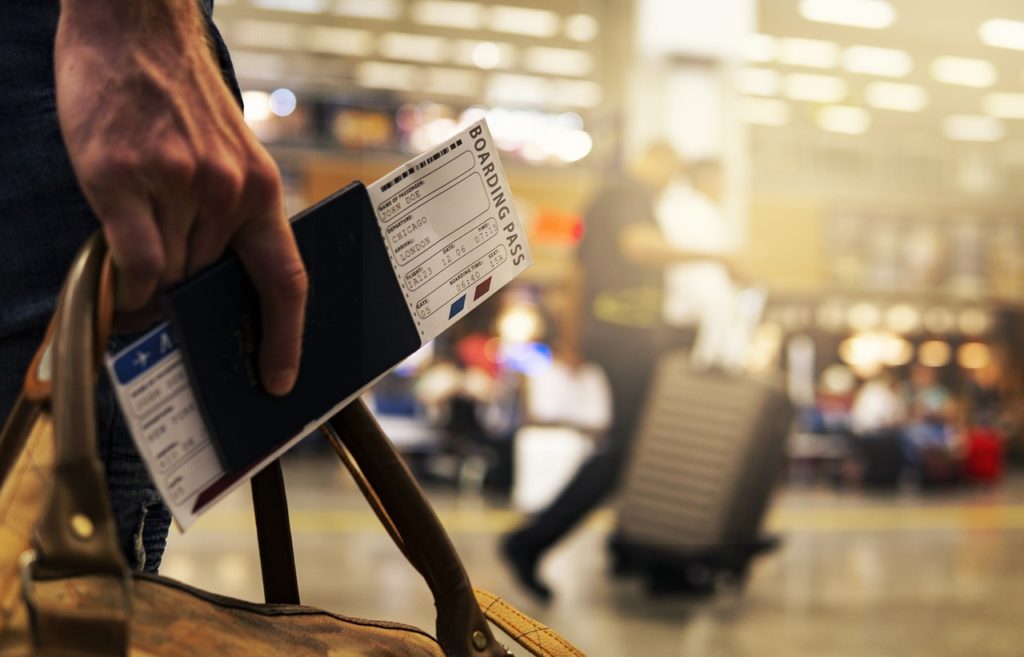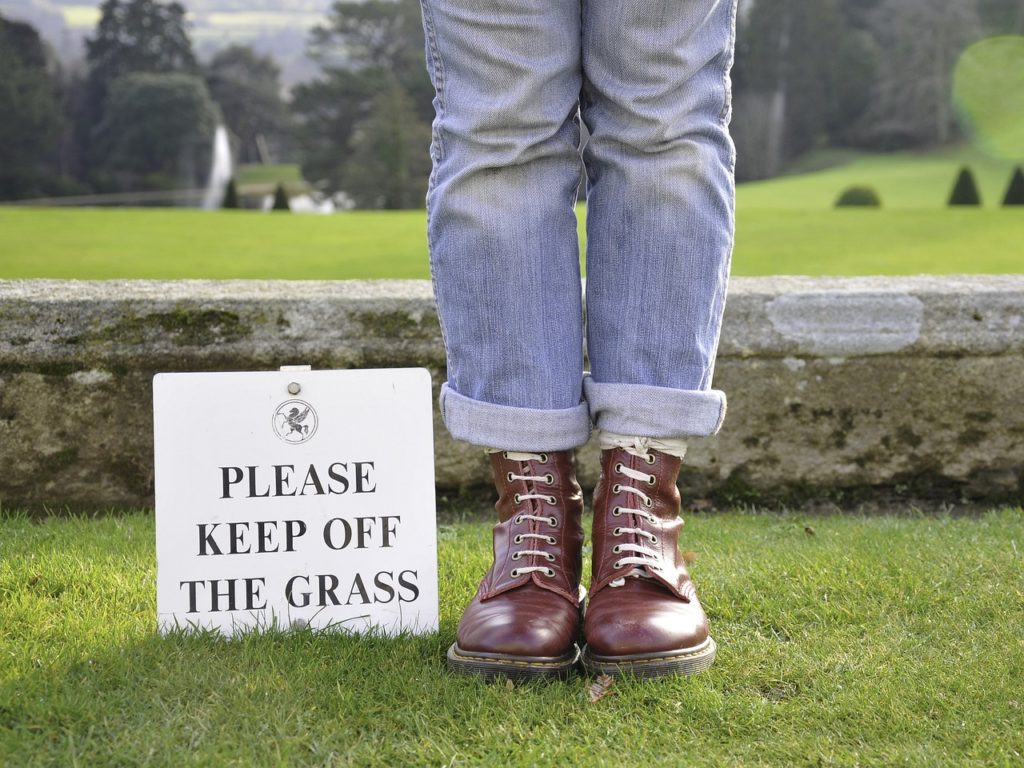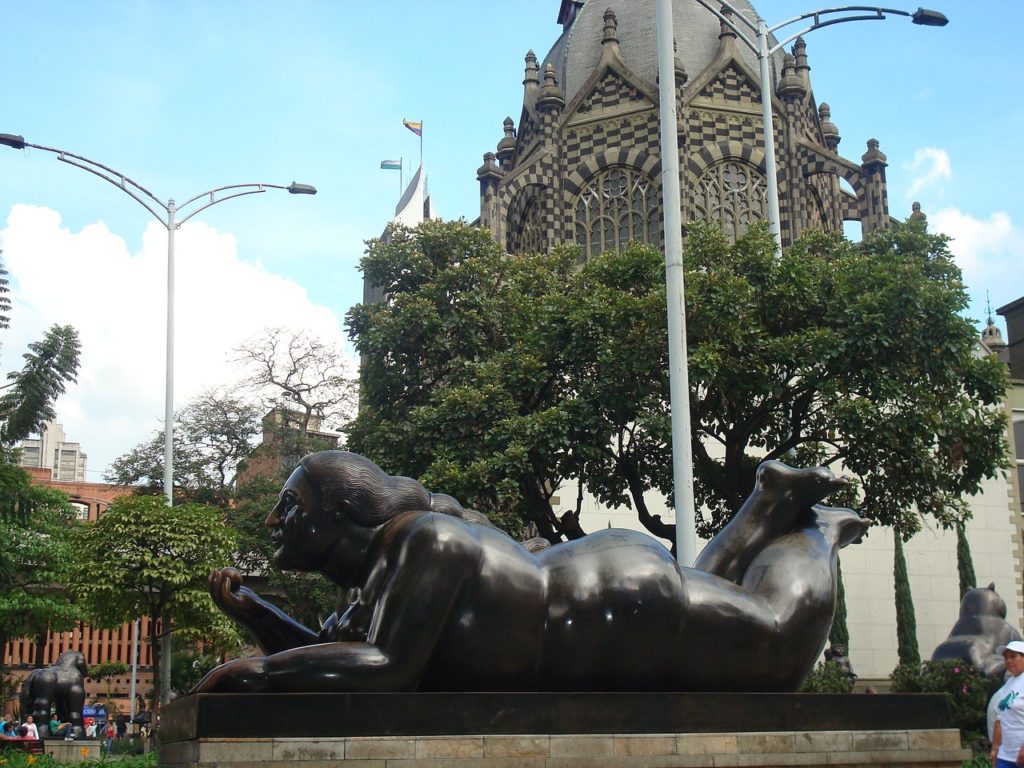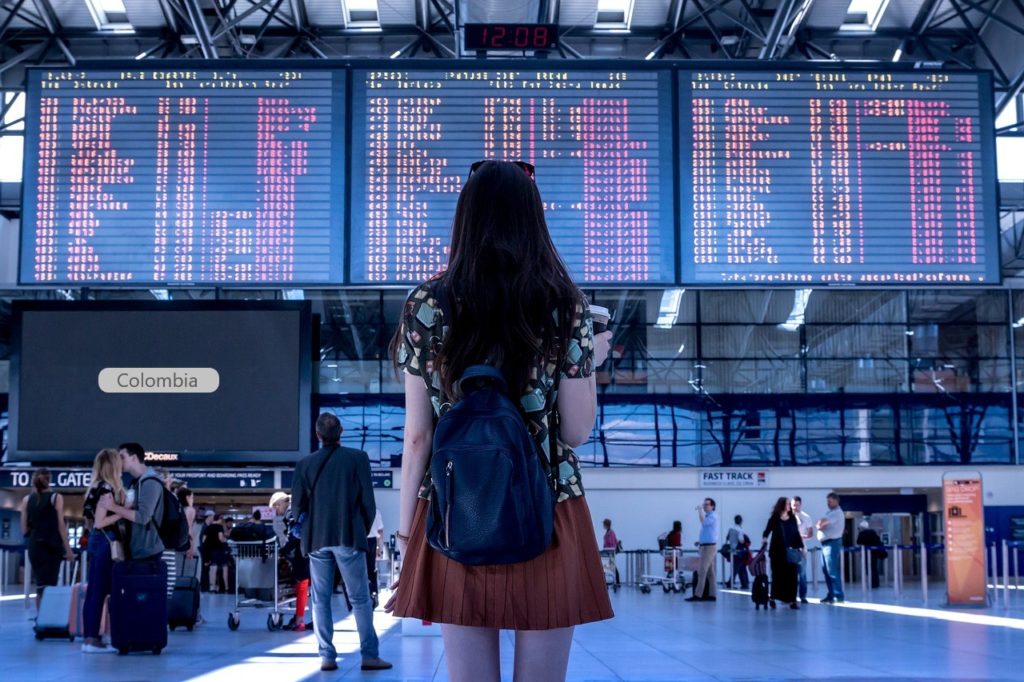Are you planning to travel to Colombia in 2024? If so, you need to be prepared for the entry requirements and essential information that will affect your trip. Colombia is a wonderful country to visit and I’ll be making my fourth trip there this year, but it also has some rules and regulations that you need to follow.
In this guide are a few essentials that will ensure you have a safe and enjoyable trip to Colombia:
- Passport and entry fee
- Gender identifier and visa requirements
- Electronic immigration form and entry stamp
- Vaccine requirements and altitude considerations
- Legal considerations and embassy information
- Rainy season caution
- COVID-19 requirements and precautions (Updated for 2024)
Let’s get started!

Passport and Entry Fee
First and foremost, check your passport. Simply making sure it’s still in the back of your sock drawer is not enough. Check the expiry date and ensure that it will be valid for at least six months beyond your planned entry date. This is a common requirement for many countries, and Colombia is no exception. You don’t want to risk being denied entry or facing delays because of an expired passport. If you’re cutting it close, make plans to have your passport updated well in advance of your trip to account for any potential delays in appointments or processing times.
Additionally, be prepared for an entry fee of $85 CAD in Colombian pesos, effective from November 14, 2023. This fee applies to all Canadian citizens who enter Colombia by air, land, or sea. It’s important to note that credit card payments are the only accepted method for this fee, underscoring the need for financial preparedness. You can pay this fee at the immigration counter when you arrive in Colombia.
TIP: When you make your first credit card transaction, manually input your PIN#. This tells your credit card company that it’s you using the card. This should save you from having to call your credit card company later to unblock your card because their system thinks it might be stolen. You can also call them before your trip to let them know your travel dates.
Gender Identifier and Visa Requirements
When traveling with a passport bearing an “X” gender identifier, be aware that certain countries may not recognize this designation. Colombia is one of the countries that does not have a specific policy or procedure for travelers with an “X” gender identifier on their passports. This means that you may face some challenges or questions when entering or exiting Colombia, or when accessing services or facilities that require identification.
For stays up to 90 days, a tourist visa is not required for Canadian citizens who travel to Colombia for leisure, tourism, or family visits. However, business and student visas are mandatory for their respective purposes. If you plan to travel to Colombia for work, study, or other activities that are not covered by the tourist visa, you need to familiarize yourself with the specific requirements and application processes for these visas well in advance of your intended travel dates.
You can find more information about the different types of visas and how to apply for them on the [official website of the Colombian Ministry of Foreign Affairs].
Electronic Immigration Form and Entry Stamp
Before booking your flight to Colombia, completing the Check-Mig electronic immigration form is mandatory. This is an online form that collects your personal and travel information and generates a confirmation page that you need to present when boarding your flight. You can access this form on the [official website of the Colombian Migration Authority].
The Check-Mig form is valid for 30 days from the date of completion, and you need to fill it out every time you enter or exit Colombia. You should also keep a copy of the confirmation page with you during your stay in Colombia, as you may need to show it to the authorities if requested.
If you plan to arrive in Colombia by land, ensure that you obtain an entry stamp on your passport, facilitating a smooth entry process. You can get this stamp at the official border crossings, where you will also need to present your passport, your Check-Mig confirmation page, and your proof of payment for the entry fee. You should also be prepared to answer some questions about your travel plans and itinerary.
Vaccine Requirements and Altitude Considerations
While there are presently no specific vaccine mandates for entry into Colombia, it is crucial to note that certain tourist destinations, such as the Sierra Nevada de Santa Marta National Park, Tayrona National Park, and various Amazon reserves, necessitate yellow fever vaccination. This is because these areas are considered to be at risk of yellow fever transmission, and you may need to show a valid yellow fever certificate to enter them. While I’ve spoken to several travelers to these regions, showing proof of your yellow fever vaccine doesn’t seem to be common, but it’s a good idea to be prepared.
You should get vaccinated at least 10 days before your trip, and carry your yellow fever certificate with you at all times. You can also check the [official website of the Colombian Ministry of Health] for the latest updates and recommendations on vaccinations and health precautions for travelers.
Travelers are also encouraged to stay informed about potential health risks, including altitude-related concerns in cities like Bogota. Bogota is located at an altitude of about 2,600 meters (8,500 ft. for my American readers) above sea level, which can affect some people who are not used to high altitudes. Altitude sickness can occur due to rapid ascension, leading to symptoms such as headaches, vomiting, insomnia, and reduced performance. Understanding preventive measures is key to managing this concern. The effects of altitude will be felt more if you are performing strenuous activities like sports.
I did have an incident where I was 30 min into a walk to meet friends for breakfast when I realized I had left my passport in the lock box in my hotel room. And I had checked out of the hotel. I turned around and started to sprint back to the hotel only to feel breathless after around one block. Keep in mind I’m healthy and play tennis a few days a week. It was difficult to breathe deeply and running was not an option so I settled on walking (briskly) the rest of the way. Thankfully they had not cleaned my room and I was able to retrieve my passport.
Regarding altitude sickness, some of the preventive measures you can take are:
- Drink plenty of water and avoid alcohol and caffeine
- Eat light and high-carbohydrate meals
- Rest and acclimatize for at least a day before engaging in strenuous activities
- Seek medical attention if symptoms worsen or persist
Note: This is not medical advice. For tips on altitude sickness check out this article by HealthLine

Legal Considerations and Embassy Information
Travelers must be aware of the legal landscape in Colombia, as penalties for breaking the law may be more severe than in Canada, with no existing treaty for offender transfer between the two countries. Some of the laws and regulations that you need to follow and respect are:
- Do not possess, use, or traffic any illegal drugs, as this can result in long prison sentences and heavy fines
- Do not engage in any sexual activity with minors, as this can result in severe criminal charges and penalties
- Do not participate in any political demonstrations or protests, as they can turn violent and result in arrests or injuries
- Do not take photographs or videos of military or police installations, personnel, or vehicles, as this can be considered a security threat
- Do not carry large amounts of cash or valuables, as this can make you a target for theft or robbery
- Do not accept food, drinks, or gifts from strangers, as they may be laced with drugs or other substances that can impair your judgment or cause harm
Check out travel tips for Colombia from the Government of Canada website.
You should also familiarize yourself with the contact details and locations of Canadian embassies in Bogota and Cartagena, providing a valuable resource for assistance during your stay. You can find the addresses, phone numbers, email addresses, and opening hours of these embassies on the [official website of the Government of Canada].
You can also register with the [Registration of Canadians Abroad] service, which allows the Government of Canada to contact you and assist you in case of an emergency abroad.

Rainy Season Caution
Colombia experiences rainy seasons from March to June and September to November, heightening the risk of flooding and mudslides, particularly in rural areas. These natural disasters can cause damage to infrastructure, disrupt transportation, and affect access to essential services. They can also pose health and safety hazards for travelers and locals alike.
Exercise caution and stay informed during these periods to ensure your safety and well-being. You can do this by:
- Checking the weather forecast and travel advisories regularly
- Avoiding travel to areas that are prone to flooding and mudslides
- Following the instructions and advice of local authorities and emergency services
- Purchasing comprehensive travel insurance that covers natural disasters

COVID-19 Requirements and Precautions
While proof of COVID-19 vaccination is no longer required to enter Colombia (in 2024), the following is meant to act as a general guide as to what can be expected should an outbreak occur.
During the peak of the Pandemic Colombia had implemented some COVID-19 requirements and precautions for travelers who planned to enter the country, to prevent the spread of the virus and protect the health of the population.
Some of the COVID-19 requirements and precautions included:
- Present a negative PCR test result taken within 72 hours before your flight
- Wear a face mask and practice social distancing in public places
- Follow the local curfews and lockdowns that may be imposed in certain regions or cities
- Avoid crowded places and large gatherings
- Monitor your health and seek medical attention if you develop any symptoms

Bonus Tip: Learn Some Spanish
One of the best ways to enhance your travel experience and connect with the locals is to learn some Spanish, the official language of Colombia. While you may find some English speakers in major cities and tourist areas, most Colombians speak little or no English, so knowing some basic Spanish phrases and words can make a big difference. You don’t have to be fluent in Spanish to travel to Colombia, but you should at least learn how to greet people, introduce yourself, ask for directions, order food, and express gratitude. You can use tools like Duolingo, Babel, and Pimsleur.
I hope you enjoyed this guide on the 7 things you must know about Colombia’s entry requirements for travelers. Following these tips will prepare you for a smooth and hassle-free trip to this wonderful country. You are one step closer to an unforgettable experience and lasting memories.
I know that traveling to South America for the first time can be both exciting and nerve-wracking. You may have some fears or doubts about the safety, culture, language, or logistics of your trip. You may also have some expectations or stereotypes that may not match the reality of this diverse and beautiful continent.

Don’t let your fears or doubts stop you from exploring this amazing region. We have done some research and provided you with the most relevant and updated information and advice on Colombia’s entry requirements and essential information. We have also shared some cultural tips and etiquette that will help you connect with the locals and respect their traditions and customs. We have given you a bonus tip on how to start to learn some Spanish, which will make your communication and interaction easier and more fun.
Thank you for reading and happy travels! 😊

WOW just what I was looking for. Came here by searching for tourist information centre assistant entry requirements